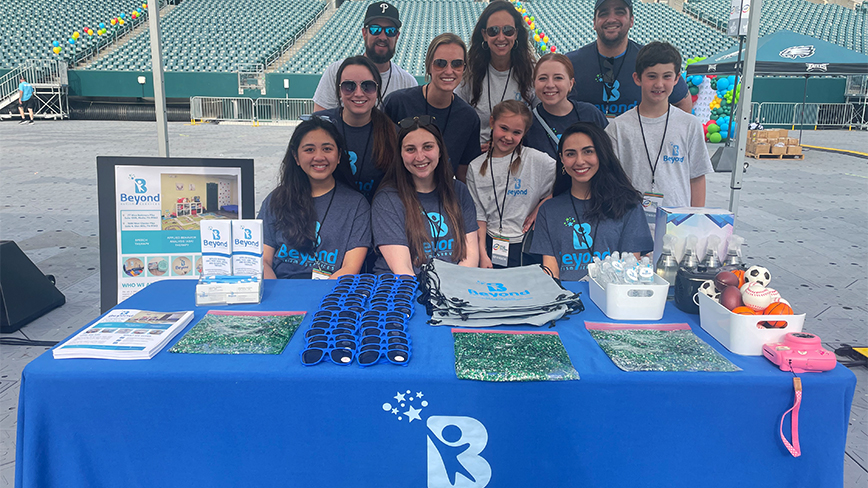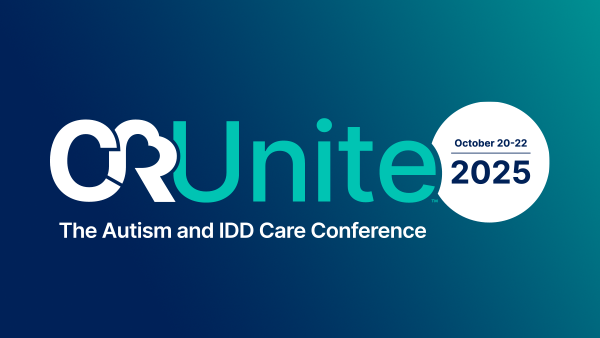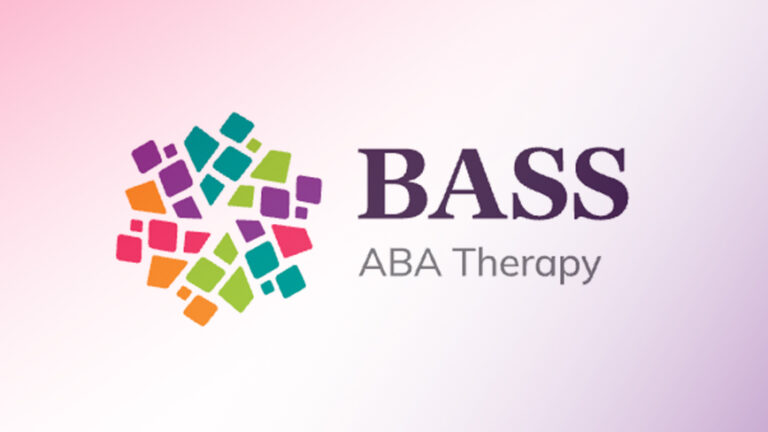After a summer of hard work put in by devoted ABA providers and learners, school has officially started. Practitioners have gone above and beyond to use the information at hand to best prepare learners for the upcoming school year. Though the progress made will certainly make the transition back to school easier, neurodiverse learners will still face some challenges. The work must continue -- particularly as it relates to planning for the year's inevitable (and unpredictable) changes and flux in routines that are to come.
Here are 4 strategies practitioners can use to help learners cope with, and better manage, the uncertainty of the school year ahead.
Outline a parent/educator communication plan
This is a must when it comes to planning for the unknown. If communication expectations and strategies are in place, parents and teachers can work together to find an answer. The two primary components of the communication plan are method and frequency. Some examples of method include phone calls, texts, online messages, email, or letters/notebook. Once the method or methods are agreed upon, it will then be important to agree on frequency. Some families request daily communication while others will request communication as needed. It will be important for the frequency to work for both the family and the educator. However, it is recommended that direct communication (or at least a check-in) occurs at least once a month. A communication plan sets expectations and minimizes the potential of information slipping through the cracks.
Maintain a visual schedule
Be aware of district and school policy changes
Build and maintain overall wellbeing
You cannot pour from an empty cup, and neither can your learners. Now is the time to increase services, support, and resources around social-emotional well-being. Teaching learners to not only identify emotions in others, but also themselves is the first step to increasing your learners’ overall wellbeing. Calming skills/practices can also be taught along with emotion identification. There are also several other types of therapy available – from art therapy, which may be a great fit for learners who have a hard time expressing their feelings, to music therapy, which has been found to reduce stress and neutralize negative emotions. Practicing these skills and behaviors with your learners is a great way to co-regulate and model health self-care behaviors that your learner can use now and for the rest of their life.
The anxiety of not knowing what lies ahead can be extremely stressful for neurodiverse learners, who rely heavily on structure and routine. Incorporating coping strategies to use when changes occur; preparing for unpredictability; and equipping parents with resources and tips to use at home into your ABA therapy, are all great ways to help make this school year a success!
Read this guide “Preparing for a Return to School for Therapy Practices” for proactive measures your organization can take for a smooth back-to-school process.





